Coaching Culture
Research has shown that the benefits of implementing a coaching culture in businesses include increased commitment, faster role assumption & faster leadership development, increased emotional intelligence of employees & improved team functionality, increased job satisfaction & improved employee relationships, improved customer service, higher rates of change management, and increased productivity.
The steps for implementing this include transferring the coaching approach to the company with the help of external coaches and training existing staff in coaching.
It is clear that both leaders and team members need coaching training. Gradually, forms of leadership that adopt the coaching approach are promoted so that it is regularly applied in team meetings. Subsequently, coaching is incorporated into HR and performance monitoring processes. According to this pace, coaching becomes the dominant management style and is now officially part of values, policies, leadership strategy and the way the company chooses to communicate and discuss with all stakeholders.
In implementing the coaching culture, both managers and internal coaches are called upon, as well as external coaches, as each of the above qualities performs better under different conditions and demands.

Emphasis is placed on the training of internal coaches and managers. It is considered necessary for managers to have at least 30 hours of training while internal coaches (usually HR executives) to have completed at least 60 hours of training.

Coaching culture refers to creating a fertile mindset in all employees that changes the way they relate, produce results, and create value for the final recipients of their work products. The overall goal of the intervention is the dissemination of a new way of communicating, setting goals, behaving, and accountability aimed at continuous improvement through the fertile management of change.

The appropriate strategy includes intensive workshops and ongoing support from HR and top management in designing, implementing, and measuring the progress made towards a coaching culture and ensuring maximum return on investment (ROI) from coaching, mentoring, and non-formal education interventions. Ask us how we measure the success of our programs.


Building a coaching culture in teams
Sending managers for training does not return the expected results. The integration of coaching behavior requires a collaborative environment within the team, where everyone learns to do and accept coaching for a sufficient period of time to form a coaching mentality.
This truly unique approach has the ability to transform team performance, ensuring that everyone takes responsibility for both their own development and that of their team colleagues.






